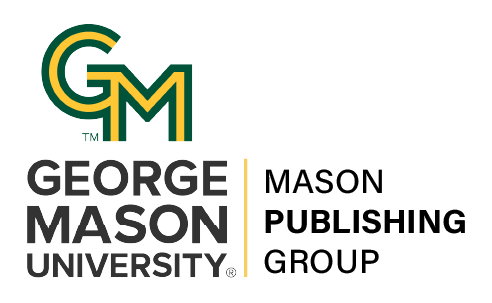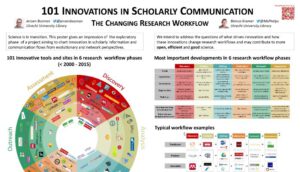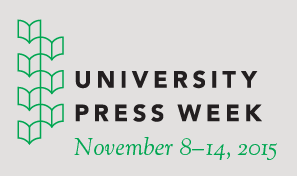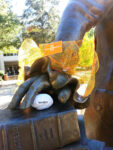The George Mason University Press, a department of the University Libraries, has released a new edition of The Five George Masons: Patriots and Planters of Virginia and Maryland by Pamela C. Copeland and Richard K. MacMaster. First published in 1975, the second edition was published in collaboration with the Board of Regents of Gunston Hall, George Mason’s ancestral home. The new edition features an introductory note by George Mason University President Ángel Cabrera; a foreword by Scott Stroh, Executive Director of Gunston Hall; and new images and maps.
“It is under the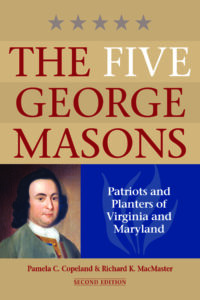 enduring spirit of George Mason’s legacy of freedom and learning that we instill an innovative and entrepreneurial attitude and a culture of diversity and accessibility—which we call the Mason IDEA—here at George Mason University,” writes Cabrera in his introductory note. “And it is in this spirit that we are honored to publish this new edition of The Five George Masons.”
enduring spirit of George Mason’s legacy of freedom and learning that we instill an innovative and entrepreneurial attitude and a culture of diversity and accessibility—which we call the Mason IDEA—here at George Mason University,” writes Cabrera in his introductory note. “And it is in this spirit that we are honored to publish this new edition of The Five George Masons.”
Though often less celebrated than fellow Virginians George Washington, Thomas Jefferson, and James Madison, George Mason’s work as the author of the Virginia Declaration of Rights left an indelible mark on democracy, as we know it today. The Five George Masons highlights his history and legacy as one of America’s outstanding thinkers, legislators and writers. This book, available through and the George Mason University bookstore, Amazon, and all major booksellers, will serve as a valuable resource for researchers, historians, and those interested in the early history of America.
“This effort represents an important renewal of Gunston Hall’s partnership with George Mason University, “ writes Stroh in the foreword. “As educational organizations of the Commonwealth of Virginia, Gunston Hall and the University share many common goals. Specifically, we are both dedicated to a belief in the value of a high quality educational experience, to the importance of facilitated discourse as a fundamental aspect of learning, and to the premise that an education should be both physically and intellectually accessible and available to everyone. We also share a belief in an educational philosophy based on scholarship and authenticity, and a philosophy that includes personal exploration, discovery, and reflection. Finally, by virtue of our collective namesake, we proudly share a common dedication to the ideals and legacy represented by George Mason.”
The launch of the new edition of The Five George Masons will be celebrated in an event in Fenwick Library’s Reading Room, on April 6, 2016, at 3 p.m. Dr. Rosemarie Zagarri, University Professor and Professor of History at Mason, will be speaking about “George Mason in History and Memory.” This event is open to the public; no RSVP is required.
The George Mason University Press supports the academic mission of George Mason University by publishing peer-reviewed, scholarly works of distinction, written by authors from a wide range of intellectual perspectives, for a diverse, worldwide readership. The Press publishes in a variety of disciplines with special focus on the history, politics, and culture of Northern Virginia and the wider District of Columbia metropolitan area, as well as other topics such as public policy, international affairs, and higher education.
